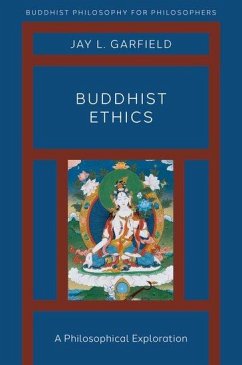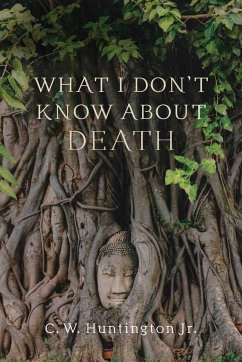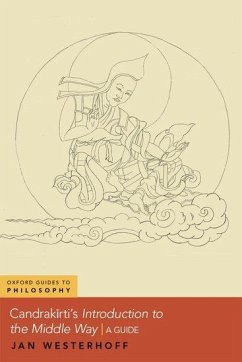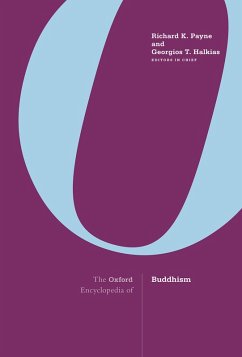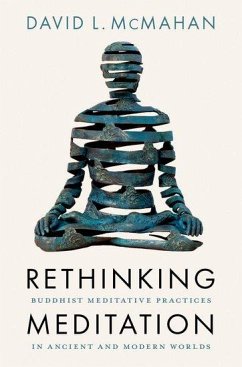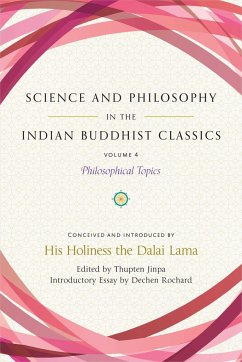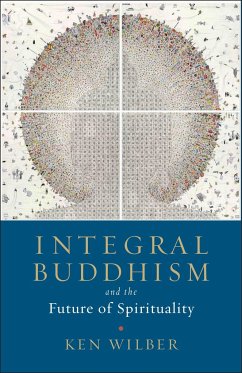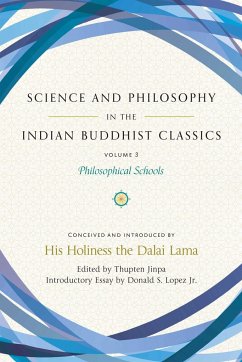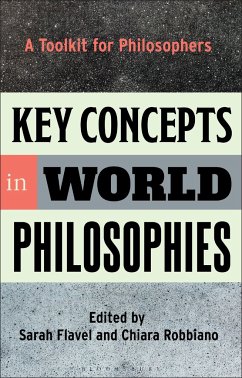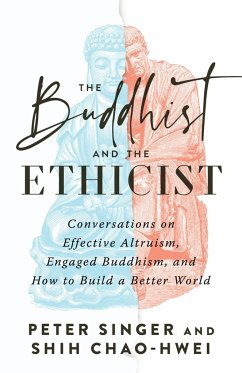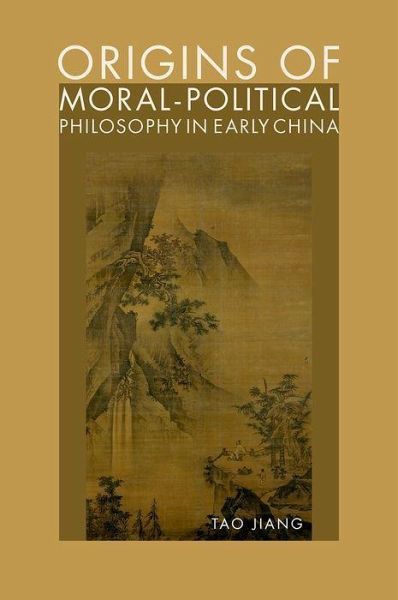
Origins of Moral-Political Philosophy in Early China
Contestation of Humaneness, Justice, and Personal Freedom
Versandkostenfrei!
Versandfertig in über 4 Wochen
42,99 €
inkl. MwSt.

PAYBACK Punkte
21 °P sammeln!
This book offers a new narrative and interpretative framework about the origins of moral-political philosophy that tracks how the three core normative values, humaneness, justice, and personal freedom, were formulated, reformulated, and contested by early Chinese philosophers in their effort to negotiate the relationship among three distinct domains, the personal, the familial, and the political. Such efforts took place as those thinkers were reimagining a new moral-political order, debating its guiding norms, and exploring possible sources within the context of an evolving understanding of He...
This book offers a new narrative and interpretative framework about the origins of moral-political philosophy that tracks how the three core normative values, humaneness, justice, and personal freedom, were formulated, reformulated, and contested by early Chinese philosophers in their effort to negotiate the relationship among three distinct domains, the personal, the familial, and the political. Such efforts took place as those thinkers were reimagining a new moral-political order, debating its guiding norms, and exploring possible sources within the context of an evolving understanding of Heaven and its relationship with the humans. Tao Jiang's philosophical inquiries and reassessment of core values embedded and developed in the classical Chinese Masters texts will prove crucial to the ongoing scholarly discussion about philosophy, religion, and China.



